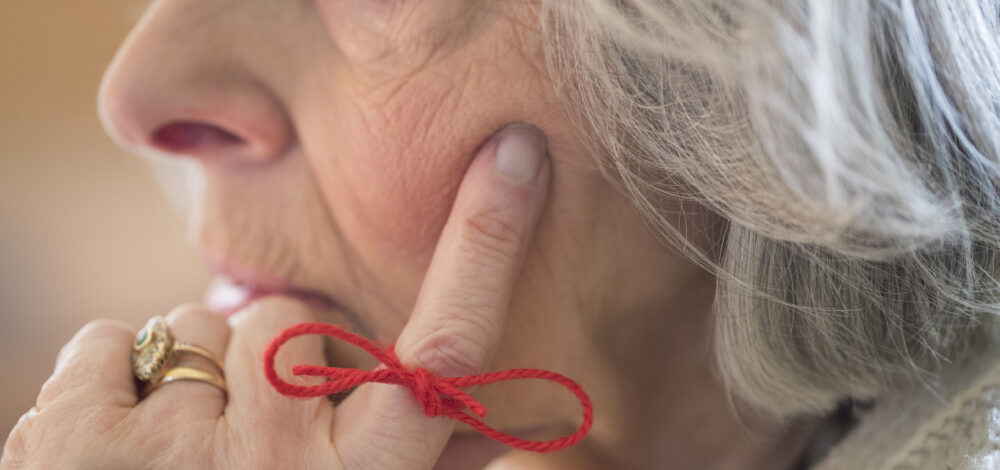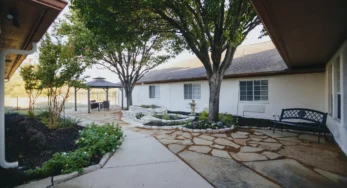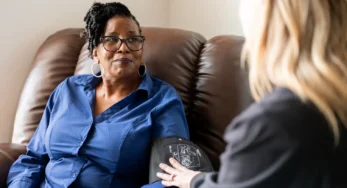Safety First! 5 Must-Have Safety Features in a Memory Care Community
When a loved one is living with Alzheimer’s disease or another form of dementia, safety and security become a priority. At Avalon Memory Care, our communities are specifically designed to provide a secure and supportive environment for individuals with memory loss. As you consider and tour different communities, keep an eye out for these five













